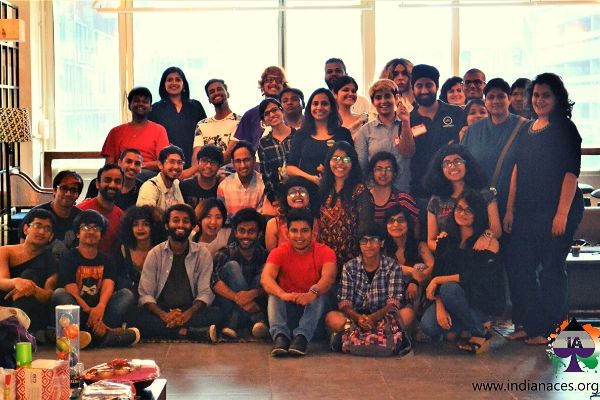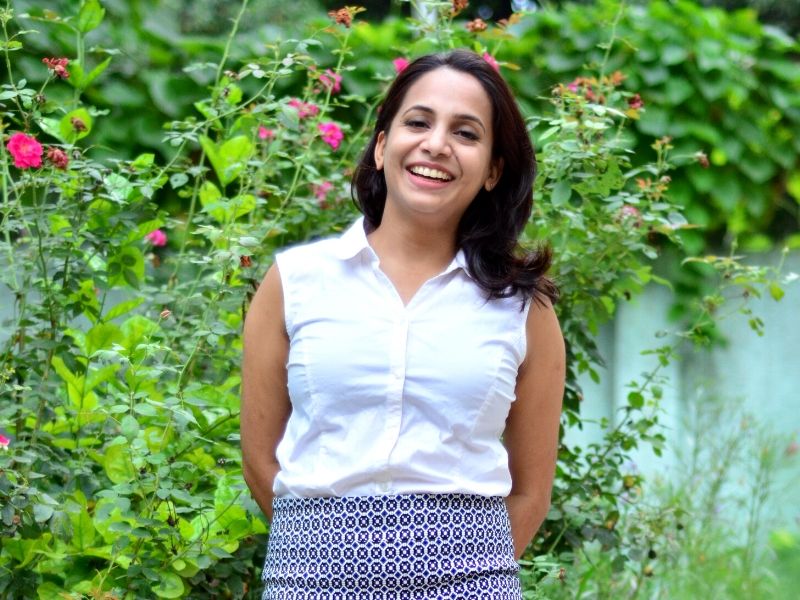International Women’s Day, celebrated on March 8 every year, marks the contributions of women to events in history and will follow the theme of “I am Generation Equality: Realizing Women’s Rights” this year. On the occasion, EducationWorld spoke with Dr Pragati Singh, a steadfast champion of gender equality who has been named among the 100 most influential women of 2019 by BBC.
A doctor by profession, Singh has now made it her life’s mission to bring forth the challenges faced by the LGBTQIA community. She is the founder of Indian Aces, the first-ever asexuality awareness platform in India.
Here, she tells us about the challenges she’s faced as a woman, her idea of feminism and women’s rights and how she’s trying to bridge the gap between LGBTQ and the non-LGBTQ community.
Excerpts:
How did you come up with the idea of Indian Aces? What are the challenges you faced as you navigated this career?
I started Indian Aces in 2014 when I came across the term ‘asexuality’ and started figuring out what it actually means. I was very fascinated by it and realised there was no community in India for asexual people. Eventually, I started the platform with a Facebook page.
I’m a doctor by qualification and did an entirely different kind of work with WHO and other public health jobs. On the side, I started Indian Aces and since it was a Facebook page, I knew it could be managed. This was never supposed to be a career. But at some point, it became very important to me as well as the people it affects. That is when I realised I wanted to do more for them and began doing workshops and community building initiatives.
As a woman, what are the challenges you faced while growing up/the liberties you enjoyed as a woman?
More than liberties, I faced a lot of challenges as a woman. I come from a very traditional family where there is some level of differentiation between how women and men are supposed to behave.
Even in the professional space, I faced sexual harassment several times and I had no idea then about the Sexual Harassment of Women at Workplace (Prevention, Prohibition and Redressal) Act, 2013 under which I could actually take legal action against my harassers. Such experiences affected me deeply and now I even do workshops on the prevention of sexual harassment at the workplace. I learned from my experience that even if someone discriminates you on the basis of your gender, that is also part of sexual harassment and you can actually take a step against that. All these I learned because I’m a woman and probably wouldn’t have to know all these if I were a man.
The only liberty I can think of is taking career breaks because it is more acceptable as a woman to do so but not much for a man. Having said that, I also don’t think that I would have needed to take career breaks if I were a man.
How do you balance between your personal and professional lives?
For me, it was not much of a challenge because that mostly happens when you’ve kids and you have to take responsibility for others. That is why I was able to do such creative things with my career which I probably won’t be able to do once I’ve children.
View this post on Instagram
What according to you is feminism?
I can define feminism from my own context but the definition, meaning, and manifestations of feminism will change from context to context. It will vary what it means in Canada or Kenya or India.
But I can definitely say that it a fight for human rights, specific to women because there has been an imbalance between the power that women have enjoyed versus what men have enjoyed over the many decades and this, is true across the world. However, how to restore that balance can vary in different countries and contexts.
So, how did you think we can address such issues of gender inequality?
There are many ways to do so but none of it matters unless many of us come together to do it. Something as small as leading a feminist life is also a step. As a layman, if I can’t go around being an activist or do research on any kind of academic work in feminism, the least I can do is lead a feminist life myself.
The first step towards that would be to read as we tend to live in our bubbles and forget there is a world out there which is very different from ours. For example, I meet a lot of women who deny that there is any gender inequality and believe there is no need for feminism. They don’t realise that even if they have not faced any indiscrimination there are many women who have. And doesn’t necessarily benefit you for it to become a valid cause. I realised about gender inequality when I stepped outside of my world and started thinking about other people, other context and other world. Once you realise the concept of gender inequality, the second step would be to influence the people around you, educate them in understanding why it’s an issue. Probably, bigger steps can follow after that.
What does a workshop at Indian Aces look like? Could you take us through the process?
We do quite a few different kinds of workshops at Indian Aces. Some of them are very educational where people can learn more about the concepts of gender, sexuality and diversity. We also have fun meetups of people who are looking for a non-romantic and non-sexual connection and that can include anybody including asexual, bisexual and heterosexual people, where they interact with each other.
An event is coming up at The LGBTQ library in Goethe Institute, Delhi where I intend to bridge the gap between LGBTQ and the non-LGBTQ people. There they can ask questions and have conversations so that everyone has a better understanding of LGBTQIA.

Your message for women on Women’s Day?
For many years, in recent times, we seem to be equating feminism with strength, power. We tend to think that a woman who looks and behaves like a strong individual is the only empowered woman but some can be equally empowered by being soft, gentle and kind.
So, my message would be that embracing stereotypical masculine traits is not the only way to become a powerful woman. You can be powerful even while being emotional, deep, and sensitive – the stereotypical feminine traits.
Also read: Women’s Day: Interview with mompreneur, Ruchita Dar Shah
Posted in International, News























